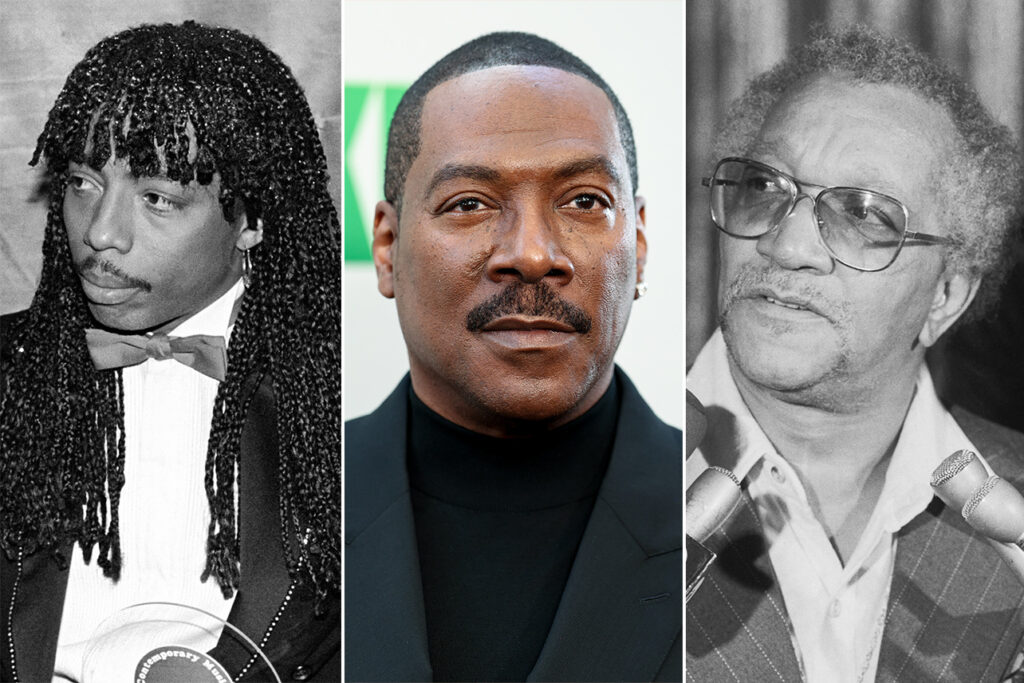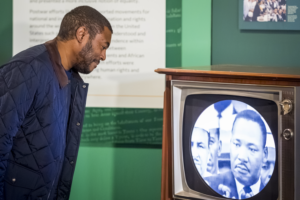
BREAKING: In a poignant revelation from his newly released Netflix documentary, Being Eddie, comedian Eddie Murphy disclosed that he has personally financed the funerals of several legendary figures in entertainment, including musician Rick James and comedian Redd Foxx. The documentary began streaming today, sparking immediate discussions across social media.
Murphy, 64, emotionally reflects on his near-50-year career during a candid conversation filmed at his California mansion. He highlights the troubling reality that many in the entertainment industry struggle financially when it comes to funeral costs. “It tripped me out, these people in show business, when they pass away, there’s not even no money to bury these people? Where are their families?” Murphy questions.
Among those he honored, Redd Foxx, known for his roles in Sanford and Son and The Royal Family, was a close friend. Murphy revealed, “I had to bury Redd… his paper was all messed up.” He also mentioned his financial support for James, his collaborator on the 1985 hit “Party All the Time,” and even purchased a tombstone for child actor Billie “Buckwheat” Thomas, who had no marker for his grave.
In a related interview with USA Today, Murphy expressed his discomfort with the funeral rituals themselves. “I’ve paid for a lot of funerals, but I don’t go to funerals,” he stated. He considers them “morbid,” adding, “When I kick out, I’m not having no funeral… Just keep it rolling. None of that trauma.”
This revelation has struck a chord with fans and followers on social media, triggering discussions about the financial disparities faced by many entertainers. Murphy’s open dialogue sheds light on the unseen struggles within the industry, emphasizing the emotional weight carried by those left behind.
With the documentary Being Eddie already trending on Netflix, viewers are urged to tune in and witness Murphy’s heartfelt reflections, which promise to resonate deeply with audiences familiar with the highs and lows of show business.
As the conversation around these issues continues to grow, Murphy’s candidness invites a broader dialogue about the responsibilities of friends and families in the entertainment world, especially in times of grief. What happens next for Murphy and others who share similar concerns remains to be seen, but the public’s response is likely to keep the focus on this critical topic.




